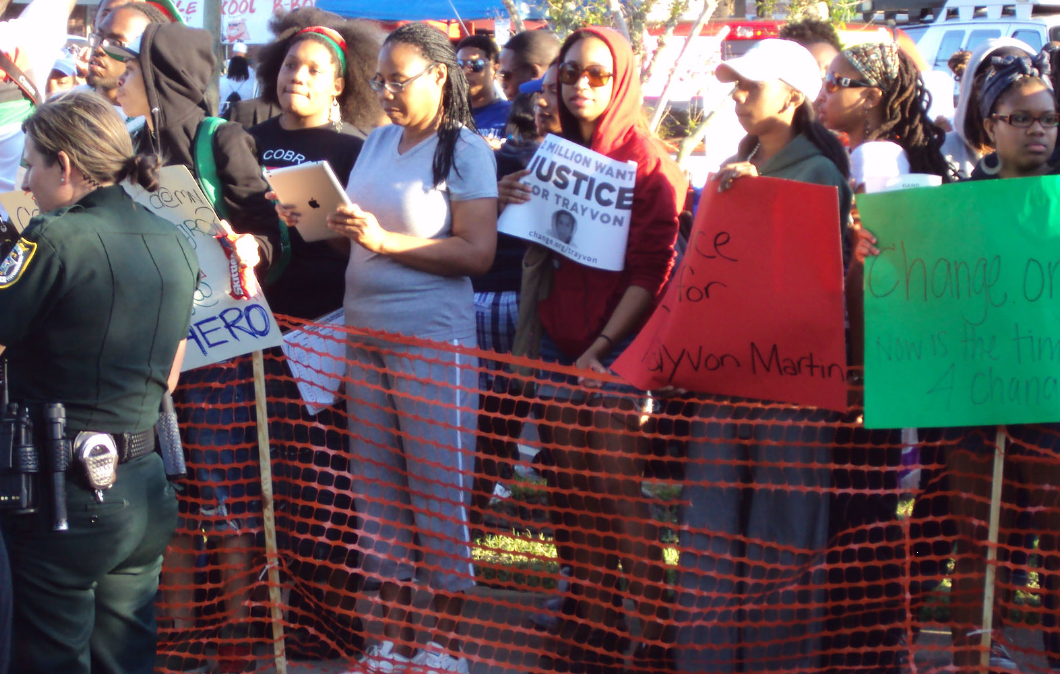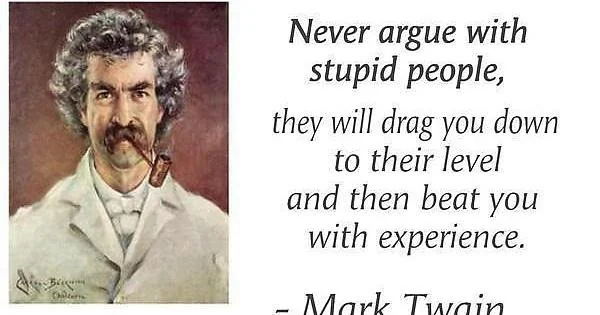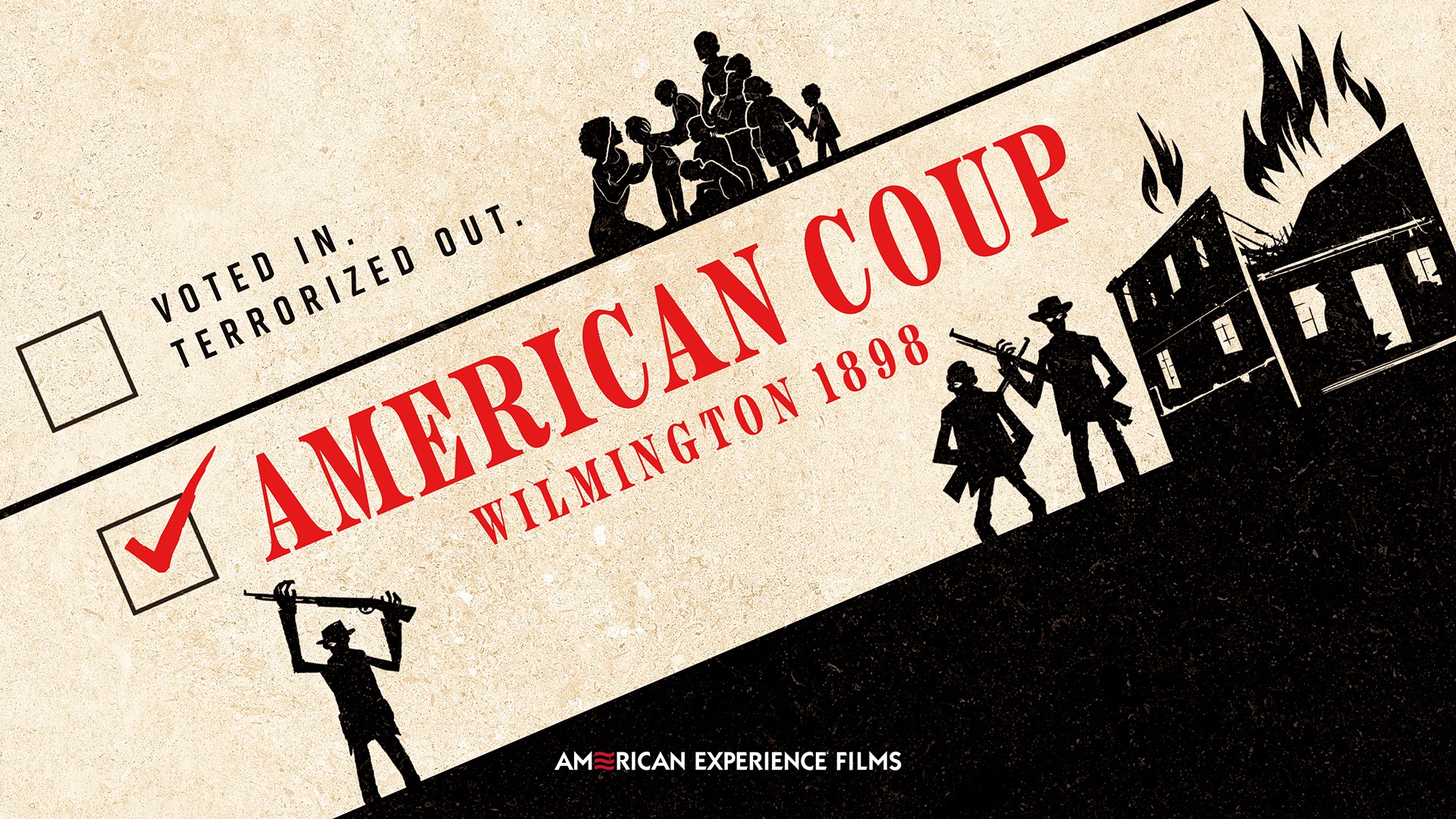0x1c8c5b6a
01
Black History: Why Black Africans Were Viewed as a Threat

The perception of Black Africans as a “threat” is deeply rooted in the history of slavery, colonialism, and the development of racist ideologies. Here’s a breakdown of the key factors:
- Justification of Slavery:
- To rationalize the brutal institution of slavery, Europeans developed ideologies that dehumanized Black Africans. They were portrayed as “savages,” “uncivilized,” and intellectually inferior. This created a narrative where enslavement was seen as acceptable, or even necessary.
- The idea of Black people being inherently dangerous was used to justify the control and oppression necessary to maintain the slave system.
- Fear of Rebellion:
- Enslaved Africans constantly resisted their oppression, leading to fear of uprisings and rebellions among slaveholders. This fear fueled the perception of Black people as a dangerous and rebellious population.
- The need to suppress any potential resistance led to the development of harsh laws and brutal practices designed to maintain control.
- Post-Slavery Era and Jim Crow:
- Even after the abolition of slavery, the perception of Black people as a threat persisted. This was used to justify discriminatory laws and practices, such as Jim Crow, which aimed to maintain white supremacy.
- Stereotypes of Black people as criminals and violent were used to justify segregation, disenfranchisement, and acts of violence like lynching.
- Colonialism:
- During the colonial era, European powers portrayed African populations as needing to be “civilized” and controlled. This narrative justified the exploitation of African resources and the imposition of colonial rule.
- The idea of the “dark continent” and the “primitive African” was used to create a sense of European superiority and to justify colonial domination.
- Stereotypes and Propaganda:
- Throughout history, racist stereotypes have been used to reinforce the perception of Black people as a threat. These stereotypes have been perpetuated through media, literature, and other forms of cultural expression.
- The spread of these negative stereotypes have had a very long lasting effect on societal views.
In essence, the perception of Black Africans as a threat was a social construct created to justify and maintain systems of oppression.
Expanding on the reasons why Black Africans were viewed as a threat requires delving into the psychological and sociological underpinnings of these perceptions. Here’s a more detailed look:
- The “Other” and Dehumanization:
- A fundamental aspect of prejudice is the creation of an “other”—a group perceived as fundamentally different from the dominant group. This “othering” allows for dehumanization, making it easier to justify mistreatment.
- By portraying Black Africans as inherently different, Europeans created a psychological distance that allowed them to rationalize their actions. This process was essential for maintaining the cognitive dissonance that arose from enslaving and oppressing fellow human beings.
- Economic Competition:
- Beyond slavery, the perception of threat also arose from economic competition. Free Black populations, both in the Americas and in Africa, were seen as potential rivals for resources and economic opportunities.
- This economic anxiety fueled resentment and fear, leading to discriminatory practices aimed at limiting Black economic advancement.
- The Preservation of White Supremacy:
- The concept of white supremacy is central to understanding these perceptions. The idea that white people are inherently superior was used to justify social, political, and economic dominance.
- Any challenge to this dominance, whether real or perceived, was seen as a threat. Black resistance, whether through rebellion or simply through the pursuit of equality, was viewed as a direct assault on the established social order.
- The Role of Fear and Projection:
- Fear played a significant role in shaping these perceptions. Slaveholders and colonialists often projected their own fears and anxieties onto the Black population.
- For example, the fear of rebellion led to the portrayal of Black people as inherently violent, even though the violence was primarily perpetrated by the oppressors. This projection served to justify preemptive violence and control.
- Cultural Differences and Misunderstandings:
- Cultural differences between Europeans and Africans were often misinterpreted and used to reinforce negative stereotypes.
- Different customs, languages, and social structures were seen as evidence of “primitiveness” or “savagery,” further contributing to the perception of Black Africans as a threat to “civilized” society.
- The power of narrative:
- The narratives that were told about African people were incredibly powerful. These narratives were created by people in power, and spread through books, news papers, and word of mouth. These narratives were not created to be accurate, but to create a specific image of African people.
By understanding these complex factors, we can gain a deeper appreciation for the historical roots of racial prejudice and its enduring impact on society.



